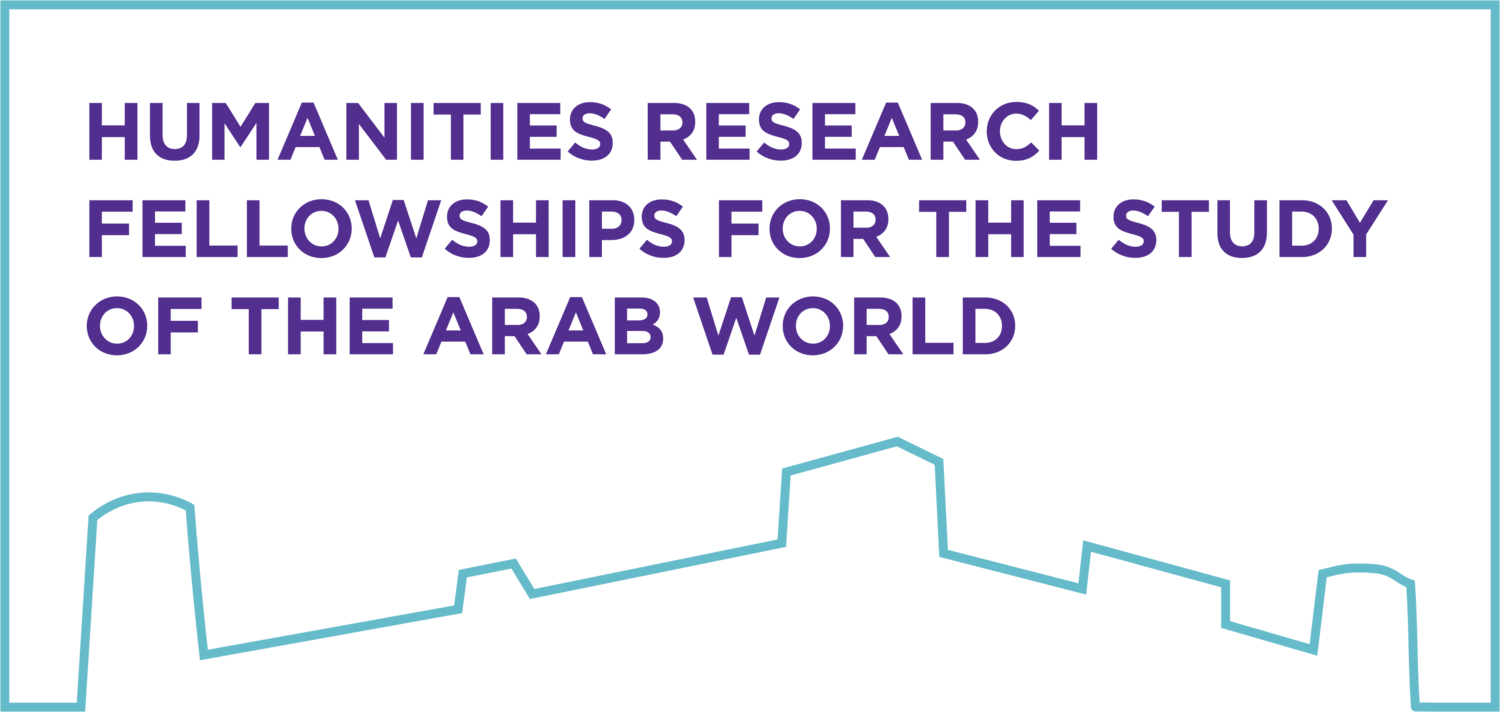Of all the meta-narratives that emerged since the late eighteenth century, none, perhaps, continues to enjoy as much currency as the upward and onward story of reason as the key progressive force in human history. When it comes to telling the story of reason in Islam, however, the meta-narrative is generally inverted. Instead of an inspiring story of progress, scholars tell a mirror-image story of a decline in rationality that culminates in the rise of obscurantist, illiberal, and antirationalist religious ideologies alternatively identified as “Islamism,” “fundamentalism,” “Salafism” or “Jihadism.” But what is reason, which Voltaire personified as a feminine figure and as the mother of truth? And how does a historian tell the story of such an intangible yet crucial concept? By addressing these questions, and by examining how modern Arab Muslim intellectuals conceived of and deployed rationality from the late 19th century to the 1950s, Lauzière’s book project revisits the narrative of rational decline that reverses the teleological Enlightenment script. The book argues that, contrary to common assumptions, it was the epistemological triumph of reason—not unreason—that prompted, facilitated and gave credence to many of the developments that contemporary analysts consider, rightly or wrongly, to be regressive.
Speaker
Henri Lauzière, Senior Humanities Research Fellow, NYUAD
Moderated by
Maurice Pomerantz, Senior Director NYUAD Institute, Professor of Literature and Arab Crossroads Studies
In Person (NYUAD Campus) and on Zoom
The seminar is open to the NYUAD community and by invitation. Please register below.
